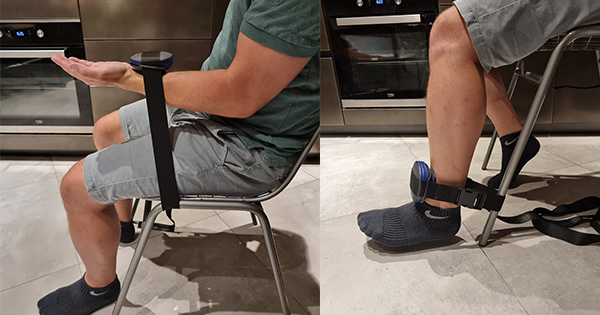<p>Care of the lymphoedema patient with advanced malignant disease requires specific attitudes, modified treatment approaches and a redefinition of the goals of care. This article reviews the factors that can produce oedema in advanced cancer, outlines some key medical and psychosocial issues that can impact lymphoedema treatment in the palliative population, and suggests how standard combined decongestive therapy (CDT) can be creatively adapted. Patients and families are appreciative of the continued involvement of lymphoedema therapists and such care, with the aim of preserved function and comfort, can be continued until the last days of life.</p>




